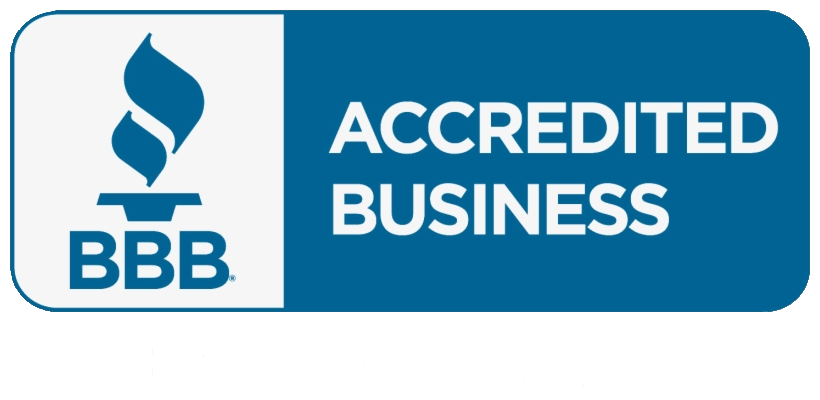There are several ways to structure a workers’ compensation settlement. Typically, the parties discuss settlement at the time the Board addresses permanent injury. One option for settlement is a Section 32 settlement agreement. The parties can also settle specific issues on a case by entering into a stipulation.
Workers’ Compensation Settlements by Section 32 Agreement
A Section 32 settlement is a waiver agreement. The insurance carrier will pay money and, in exchange, the worker will give up certain rights on the claim. For example, the injured worker may waive recovery of any future lost wages on the claim. Or, the worker may give up coverage of future medical bills by the insurance carrier. Section 32 settlement agreements are flexible and the injured worker can structure them to satisfy his or her needs. One common situation occurs when a worker wants future surgery. In that case, the worker may want to structure a section 32 settlement in a way that keeps medical coverage open on the claim. Otherwise, they will have to pay for the surgery and therapy out of pocket from the settlement amount.
Sometimes, a Section 32 settlement agreement will close the claim completely. This is known as a “full and final” Section 32 settlement. In a full and final workers’ compensation settlement, the insurance carrier will pay the worker a lump sum of money. In exchange, the worker will waive any further coverage on the claim. Once the Board approves a full and final Section 32 settlement agreement, the carrier is no long liable for payments of any kind on the case. The Workers’ Compensation Board must approve all Section 32 settlement agreements. The Board will typically hold a Section 32 hearing to discuss the agreement with the injured worker before approving it. At the hearing, the Law Judge will make sure the worker understands the terms of the agreement and what he or she will be responsible for in the future. The Board’s website contains a video explaining Section 32 settlement agreements. The Board requires all injured workers to watch this video before approving a section 32 settlement.
Medicare Set Aside
The Board requires a Medicare Set Aside (MSA) in workers compensation settlements which meet specific criteria. An MSA is a specified amount of a section 32 settlement which the worker must set aside for future medical costs. In most cases, if an injured worker is medicare eligible at the time of settlement, or he/she may become medicare eligible within the next 30 months, a Medicare Set Aside will be required. An MSA can only be required in a settlement which includes waiver of the medical portion of a claim. It does not come into play for a settlement which only includes lost wages.
Settling with a Stipulation

If the parties want to settle only part of a workers’ compensation case, they can enter into a stipulation. A stipulation is a signed agreement. It is executed by the parties. The parties can use stipulations to resolve almost any issue on a claim. Just as with a Section 32 agreement, the Board must approve all stipulations.
Once approved, the Board will issue a decision memorializing the terms of the stipulation. The parties often use these types of workers’ compensation settlement agreements to resolve the issue of permanent injury on a claim. A workers’ compensation lawyer can use them to settle the issues of schedule loss of use to a body part, or a worker’s loss of wage earning capacity.
The parties can also enter into a stipulation to resolve the issue of degree of disability. All of these issues affect money awards on a case. A stipulation can also authorize medical treatment, including therapy, injections, or surgery.
When to Litigate Versus Enter Into a Workers’ Compensation Settlement Agreement
Almost all issues on a claim are negotiable. It is often in the parties’ interest to work out a resolution rather to take on the risks associated with litigation. A skilled attorney is able resolve most issues by settlement agreement. However, there are instances where an insurance carrier will not make a reasonable offer. It is up to the workers’ compensation lawyer to review each case to assess risk and whether an offer is fair. A skilled attorney will carefully evaluate the medical evidence, the venue of the case, opposing counsel, and the case law to determine the best course of action. If you are considering a settlement offer on your case, reach out to the Platta Law Firm for a free consultation. We will evaluate your case and provide a professional opinion as to any offer and whether it is fair and reasonable. If an offer is not fair, we will fight for you before the Board to get you compensation.




